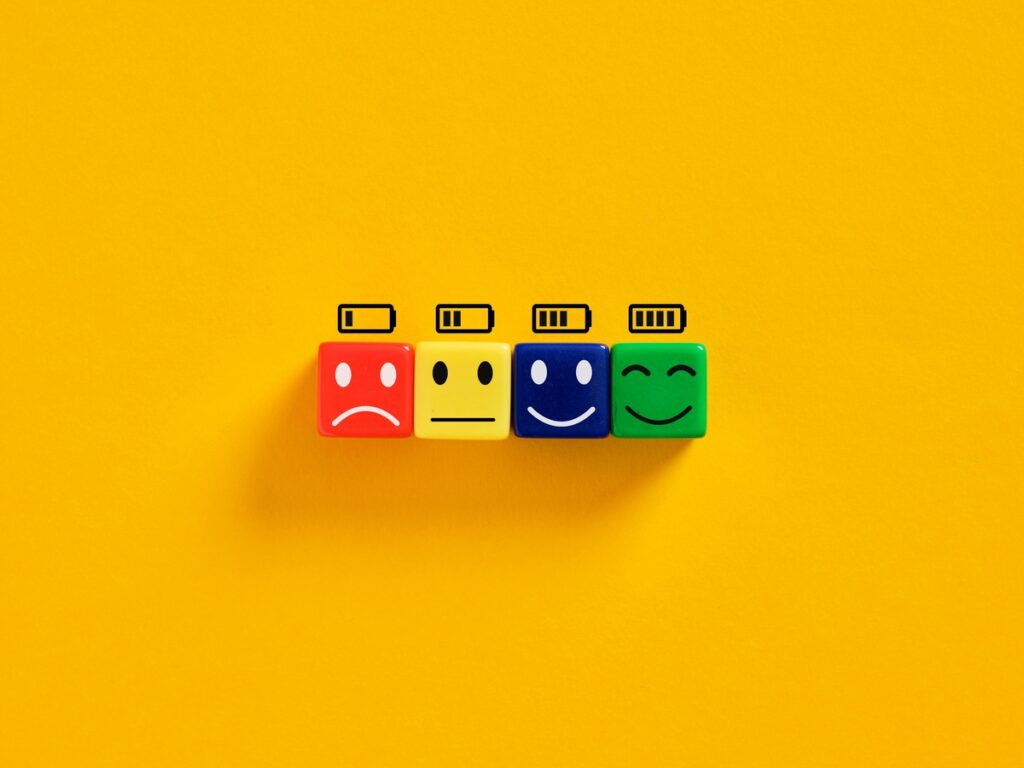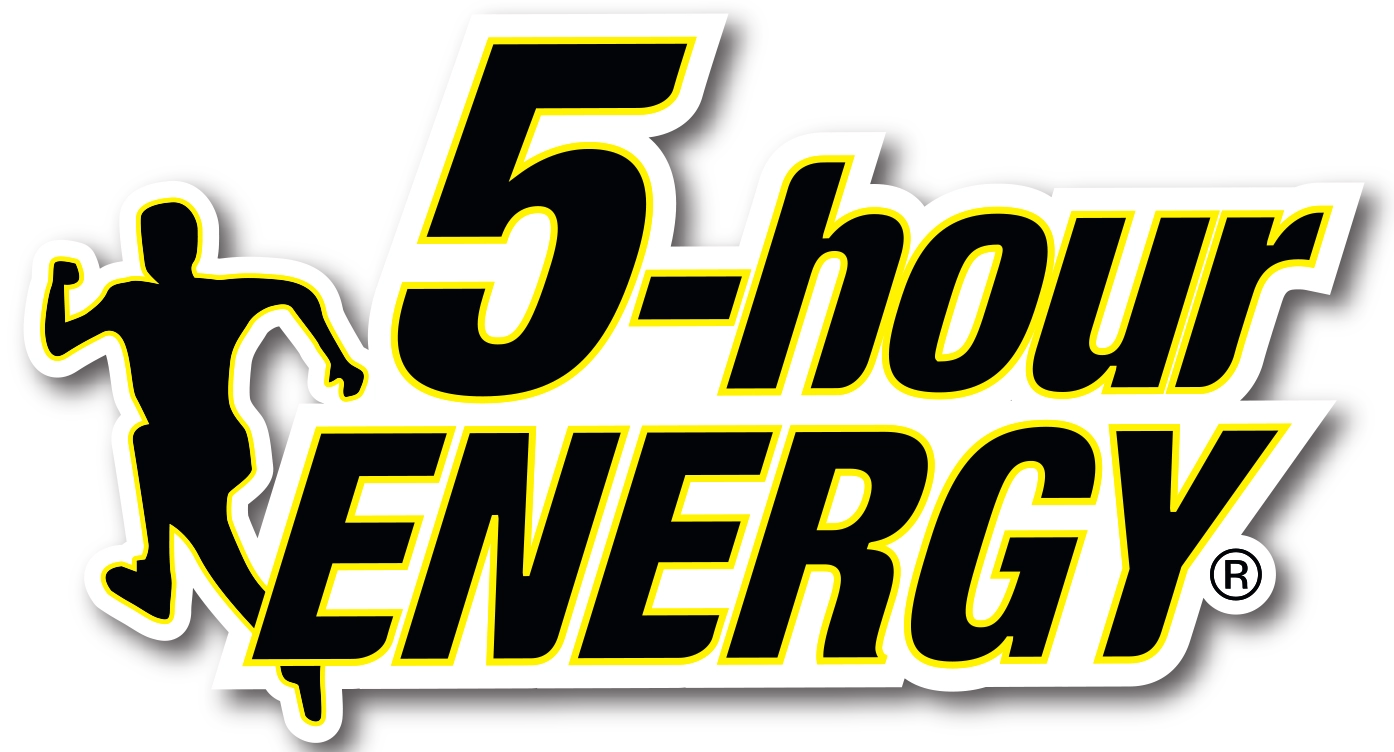- 8 Sep 2025
- Blog
How to Increase Mental Energy: 6 Things You Can Do Right Now

Mental energy powers your ability to concentrate, make decisions, and stay productive throughout the day. But stress, fatigue, and lifestyle habits can deplete it quickly. If you’ve been asking yourself how to increase mental energy, here are 6 practical tips you can try today.
1. Prioritise Quality Sleep
2. Hydrate Regularly
3. Eat Brain-Boosting Foods
4. Listen to Uplifting Music
5. Manage Stress Effectively
6. Use a Quick Energy Booster When You Need It
A small, targeted dose of caffeine has been shown to enhance alertness, reaction time, and mental performance,7 making it the perfect ingredient for an immediate boost.
Need a quick mental boost to get that important task completed? Grab a bottle of 5-hour ENERGY® now at the 5-hour ENERGY® e-store.
References
1. Walker, M. (2017). Why We Sleep: Unlocking the Power of Sleep and Dreams. Scribner, New York.
2. Masento, N. A., Golightly, M., Field, D. T., Butler, L. T., & van Reekum, C. M. (2014). Effects of hydration status on cognitive performance and mood. British Journal of Nutrition, 111(10), 1841–1852. https://doi.org/10.1017/S0007114513004455
3. Clark D. D. & Sokoloff, L. (1999) Basic Neurochemistry: Molecular, Cellular and Medical Aspects, eds. Siegel, G. J., Agranoff, B. W., Albers, R. W., Fisher, S. K., & Uhler, M. D. Lippincott, Philadelphia. pp. 637–670.
4. Kennedy, D. O. (2016). B vitamins and the brain: Mechanisms, dose and efficacy—A review. Nutrients, 8(2), 68.
5. Schellenberg, E. G. (2005). Music and Cognitive Abilities. Current Directions in Psychological Science, 14(6), 317-320.
6. McEwen, B. S. (2017). Neurobiological and systemic effects of chronic stress. Chronic Stress, 1, 1–11.
7. McLellan, T. M., Caldwell, J. A., & Lieberman, H. R. (2016). A review of caffeine’s effects on cognitive, physical and occupational performance. Neuroscience & Biobehavioral Reviews, 71, 294–312.
